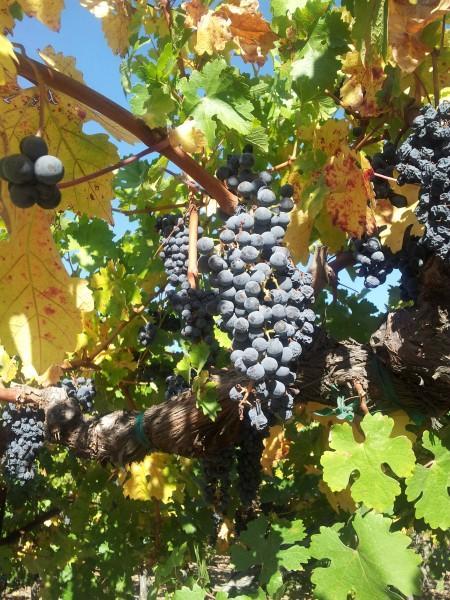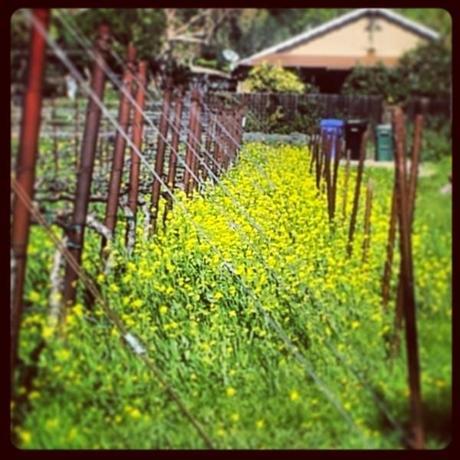A few weeks ago I put a question out to my readership about what kind of information they’d like to receive about wine. One such question was this: “Do Expensive Wines Really Taste Better?”
The answer to this? Yes and No.
But before we go into it. Lets first look at things that drive the price up when it comes to wine:

1) Production
If you have a winery that only makes 50 cases of such a wine, the price will definitely increase. If a winery makes over 500 cases, more than likely, they’ll be able to lower the price on that wine.
2) Grape Varietals
Also, the varietal of the grape has a lot to do with Price.
Cabernet Sauvignons, Chardonnay’s lead the top for a more pricier wine followed closely by Pinot Noirs where a Pinot Grigio and Zinfandel can have a lower price tag. It’s due to reputation with the grapes.
3) Where it’s Grown
Also, the appellation in which the wine is grown has a big impact on price. For example, within the California Wine Regions, Napa and Sonoma Counties reign higher than say a Monterey County Region, or a region within Lodi or Santa Ynez Valley. This will highly impact the value of your wine.
4) The Vintage
When it comes to wine, there are some years that give an excellent wine, and some years that just don’t do as well. The year of the wine will also impact the price of the bottle. Also, with that being said, the way the wine is aged will also affect the price. Right now, vintages in the years of the mid 1990′s are much higher in price compared to wines that are just being released now.
 5) And What Does the Label Say?
5) And What Does the Label Say?
And last but not least, another factor that has a say in price when it comes to wine is none other than what the label says. If a wine is a vineyard wine, it means it can come from any vineyard growing property, but may not be exclusive to the winery where the wine is made. This means, wineries can buy their groups from other vineyards within the county or other wine regions and create their wine from their grapes. That also means they can get the grapes from the right growing climates often making better wine for the vineyard.
Then there are the estate wines. These are wines that are grown on any vineyard that is owned by the vineyard at hand. Wine that is grown on that vineyards properties. Because it is their wine and their property they can give the wine a much lower price.
And then the Reserve wines. Definition of Reserve Wines: Reserve wine is a term given to a specific wine to imply that is of a higher quality than usual, or a wine that has been aged before being sold, or both. Traditionally winemakers would “reserve” some of their best wine rather than sell it immediately, coining the term. ~Wikipedia.
So, those are the things that help drive up the price of a bottle of wine. And the answer as to why it can be both a yes and no on if more expensive bottle of wines do indeed taste better.
My 2 cents on this: A more expensive bottle of wine doesn’t necessarily taste better. You have to look more closely at the bottle you’re purchasing. For example, if you love white wines and you go for a more pricier bottle of red? Are you going to like it? Most likely not, but then again, it could surprise you.
Also, if you’re a fan of a particular varietal and you grab a bottle from a year that wasn’t a good growing season, chances are, you may not being buying any more bottles of wine from that varietal for awhile.
Hope this gives you something to think about. Part of the fun of wine is just exploring different bottles, vineyards, varietals to find the bottles you like. You’re not guaranteed to like everything. We all know I don’t.
Information for this post was written on behalf of this report by UC Davis which gives a better understanding of what drives the price of wine.

